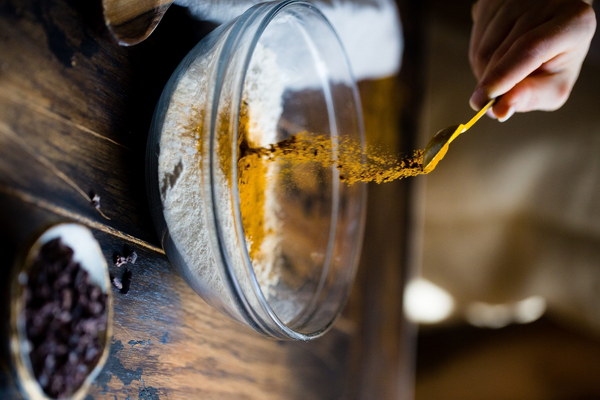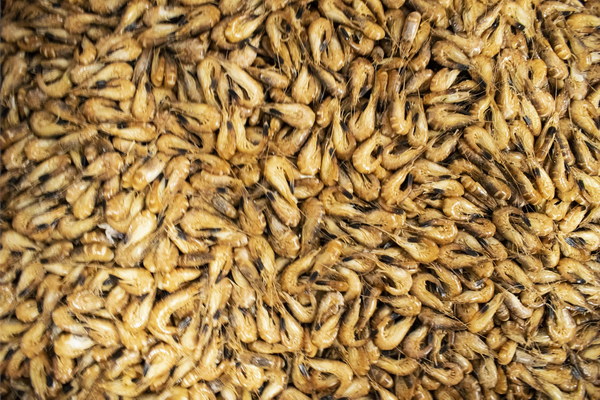Essential Conditions for Liver Health A Comprehensive Guide to Liver Care
Introduction:

The liver is one of the most vital organs in the human body, responsible for filtering toxins, producing bile, storing glucose, and metabolizing nutrients. Maintaining liver health is crucial for overall well-being. This article provides a comprehensive guide to the essential conditions required for liver care, including diet, lifestyle, and medical considerations.
1. Balanced Diet:
A well-balanced diet plays a significant role in liver health. Here are some dietary guidelines to consider:
a. High-fiber foods: Foods rich in fiber, such as fruits, vegetables, whole grains, and legumes, help reduce the risk of liver disease by promoting healthy digestion and reducing the exposure of the liver to harmful substances.
b. Lean protein: Incorporate lean protein sources, such as chicken, fish, tofu, and legumes, into your diet to support liver function and repair damaged liver cells.
c. Healthy fats: Consuming healthy fats, such as those found in olive oil, avocados, and nuts, can help protect the liver from inflammation and oxidative stress.
d. Limiting alcohol: Excessive alcohol consumption is a leading cause of liver disease. It is essential to limit alcohol intake or avoid it altogether to maintain liver health.
e. Avoiding processed foods: Processed foods often contain high levels of trans fats, sodium, and preservatives, which can increase the risk of liver disease.
2. Regular Exercise:
Physical activity is crucial for liver health. Regular exercise can help improve liver function, reduce the risk of obesity, and lower the risk of developing liver diseases such as non-alcoholic fatty liver disease (NAFLD). Aim for at least 150 minutes of moderate-intensity aerobic exercise or 75 minutes of vigorous-intensity exercise per week.
3. Adequate Hydration:
Staying hydrated is essential for maintaining liver health. The liver needs water to filter out toxins and produce bile. Aim to drink at least eight glasses of water daily and adjust your intake based on your activity level and climate.
4. Avoiding Harmful Substances:
To protect your liver, it is crucial to avoid harmful substances, such as:
a. Tobacco smoke: Smoking can increase the risk of liver disease and reduce the liver's ability to repair itself.
b. Illicit drugs: Illicit drug use, particularly substances that are metabolized by the liver, can lead to liver damage.
c. Over-the-counter (OTC) and prescription medications: Some medications, especially those taken in excess or for an extended period, can cause liver damage. Always follow your doctor's instructions and consult with them before starting any new medication.
5. Regular Check-ups:
Regular health check-ups are essential for monitoring liver function. Your doctor can perform blood tests to assess liver enzymes and identify any potential liver diseases early.
6. Stress Management:
Chronic stress can lead to inflammation and impact liver health. Find healthy ways to manage stress, such as meditation, deep breathing exercises, and engaging in hobbies.
Conclusion:
Maintaining liver health requires a combination of a balanced diet, regular exercise, adequate hydration, avoiding harmful substances, regular check-ups, and stress management. By taking these essential steps, you can ensure optimal liver function and reduce the risk of liver diseases. Remember, it is always best to consult with your healthcare provider for personalized advice and support.









